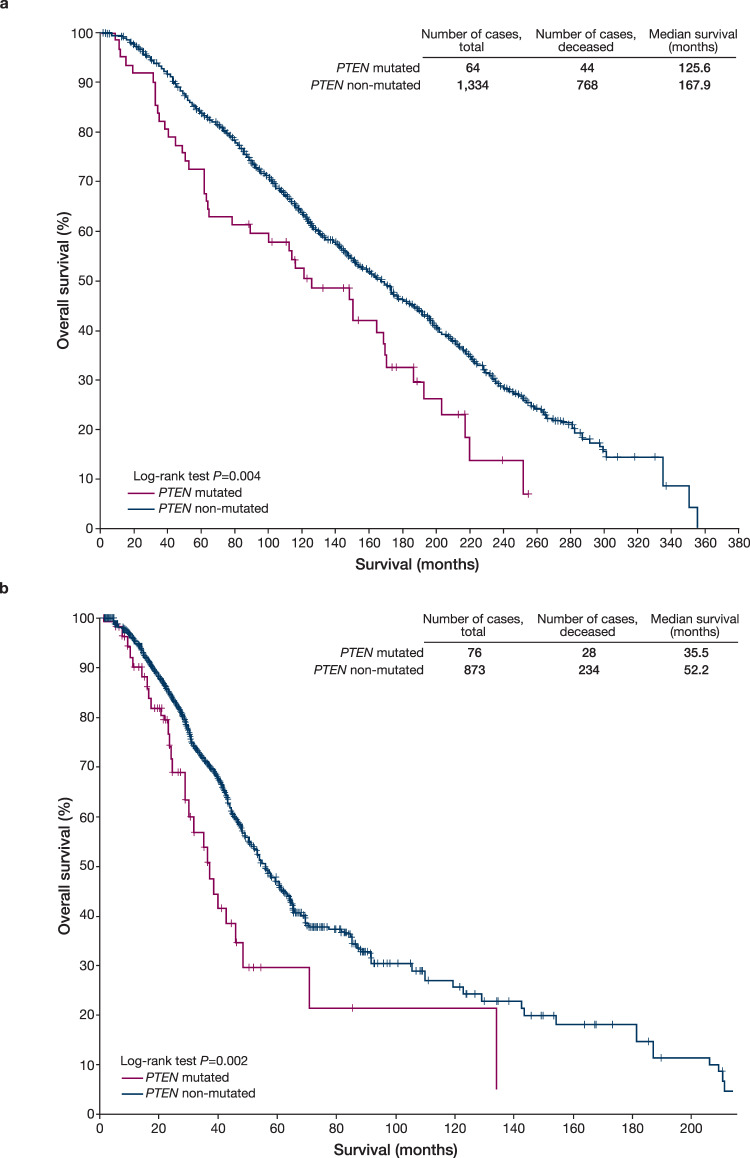Fig. 1. PTEN mutations are associated with a poor prognosis in ER+ HER2– breast cancer.
a Early-stage ER+ HER2– breast cancers (METABRIC data)19. b Metastatic ER+ HER2– breast cancers (MSK-IMPACT data)12. Kaplan–Meier survival analysis for ER+ HER2– breast cancer patients by PTEN status in early-stage and metastatic BC: a overall survival of patients with ER+ HER2– primary breast tumors (n = 1398) by PTEN mutation status, using the same criteria employed in this study for enrollment; b overall survival from time of metastatic recurrence of patients with metastatic ER+ HER2– breast cancer (n = 949) by PTEN status. A patient with multiple metastatic samples sequenced by next-generation sequencing was considered PTEN altered if at least one sample harbored an eligible PTEN alteration. Overall survival for the METABRIC data utilized univariable or multivariable Cox proportional hazards models to examine the association between mutations and survival. Breast cancer-specific survival was used as the endpoint. Patients with deaths from other or unknown causes were censored at the date of death, and all other patients were censored at the date of last contact19. Overall survival for the MSK-IMPACT data, as defined by time of metastatic recurrence until death or last follow-up, was analyzed utilizing the MSK cohort12 restricted to patients with metastatic ER+/HER2– disease (n = 949 patients). Univariate P values were calculated using the log-rank test. The models were further adjusted using left truncation methods37 for late entry when tumor sequencing to assess PTEN status was performed after metastatic recurrence. ER+ estrogen-receptor-positive, HER2– human epidermal growth factor receptor negative.

